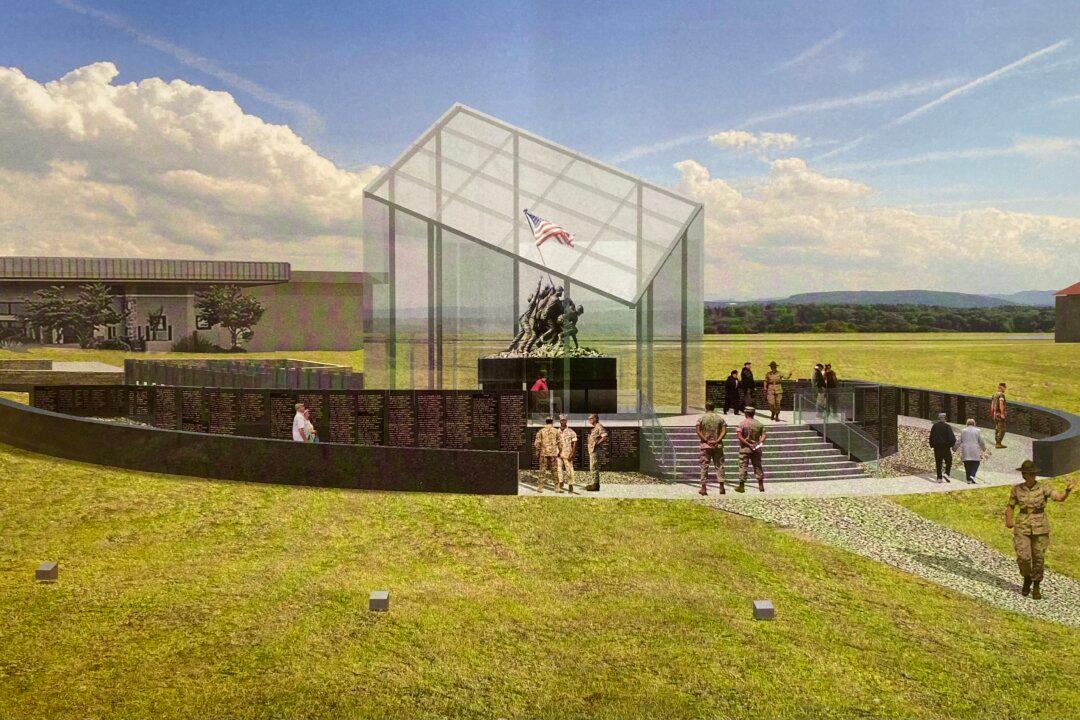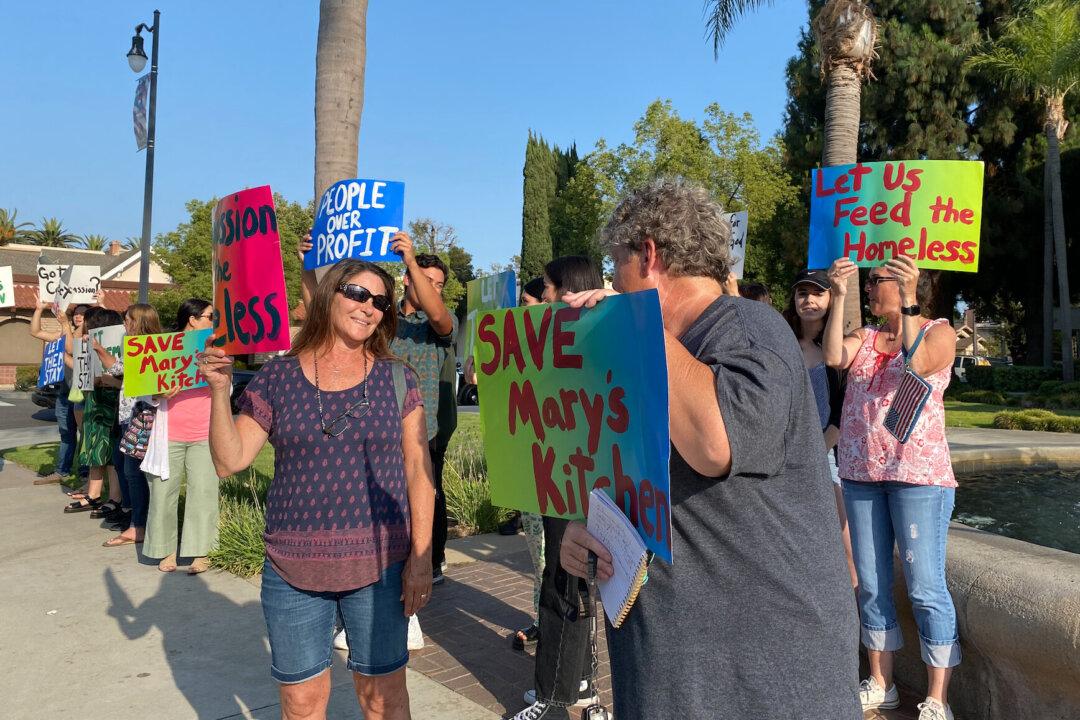After California legislators introduced two new laws that place stricter limitations on “deepfake” videos, some have questioned how easy they will be to enforce.
AB-730 and AB-602 were both approved by the governor on Oct. 3. The first makes it illegal to post or distribute any video that maliciously manipulates the face or speech of a political candidate within 60 days of an election, while the second allows California residents to sue any individual or group that integrates someone else’s likeness into sexually explicit material.




